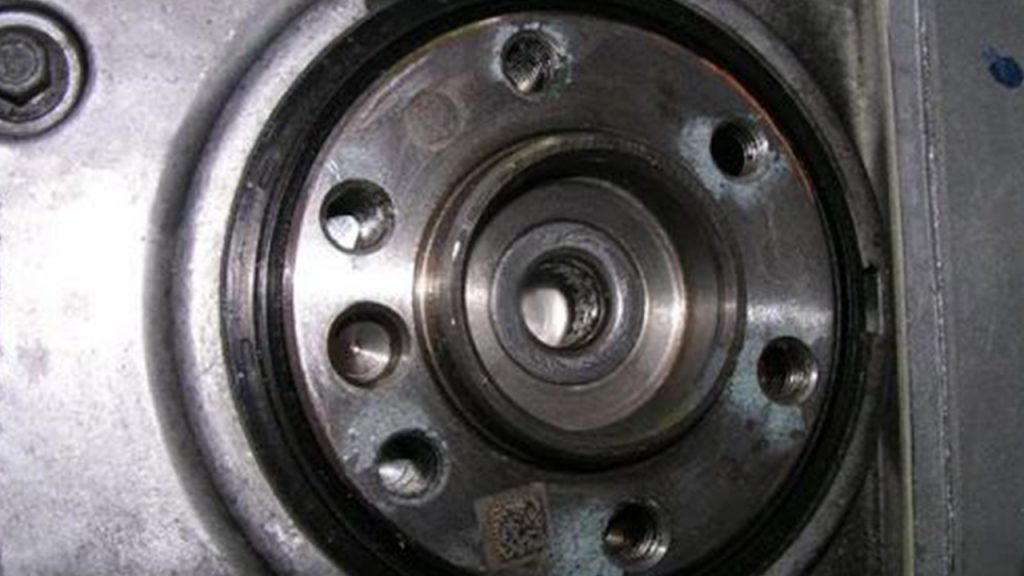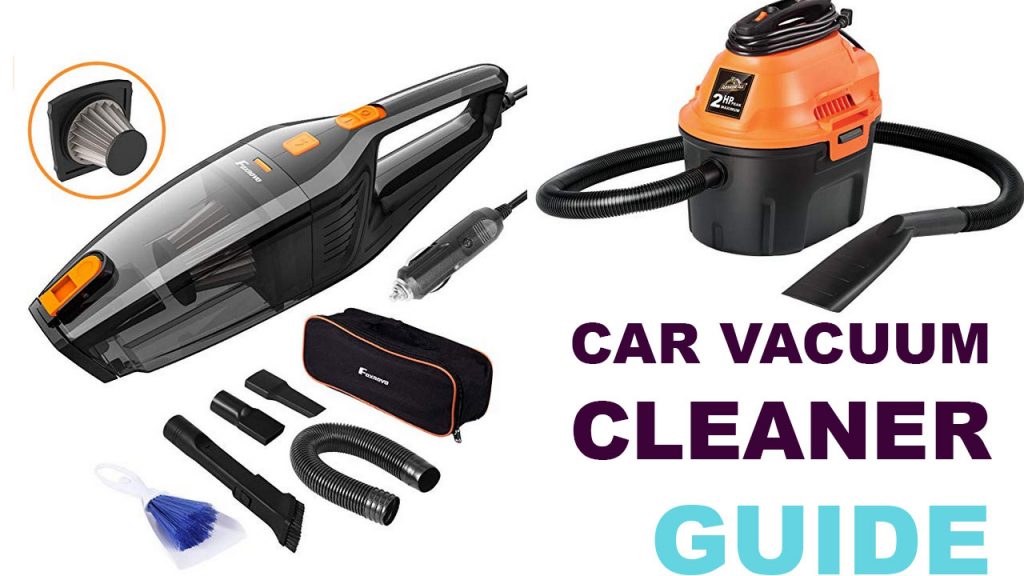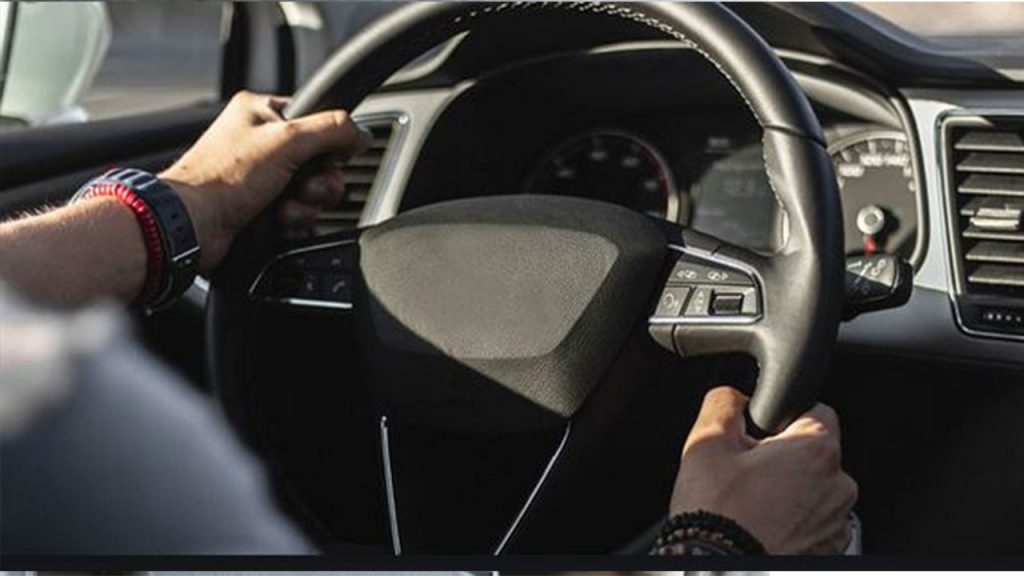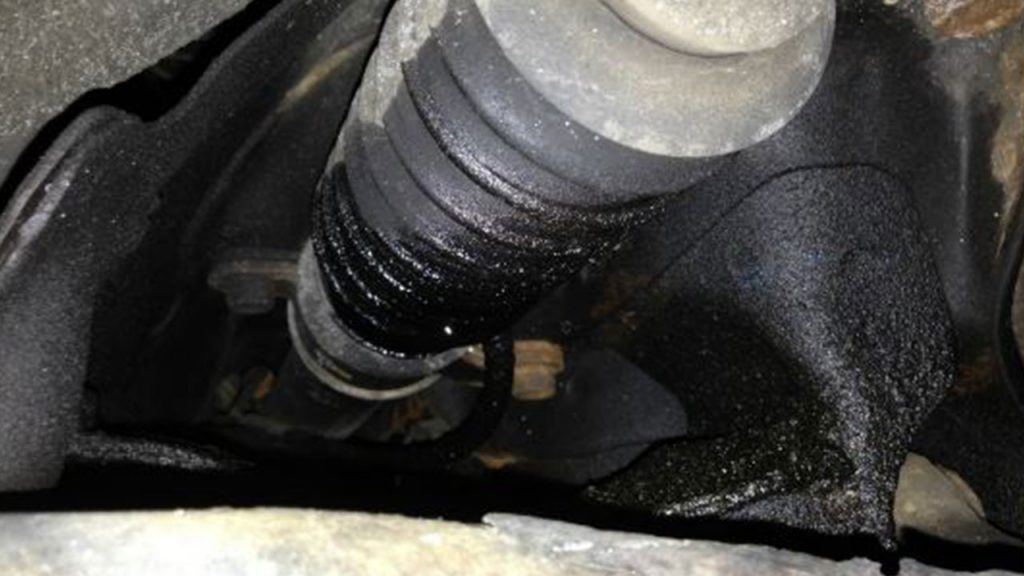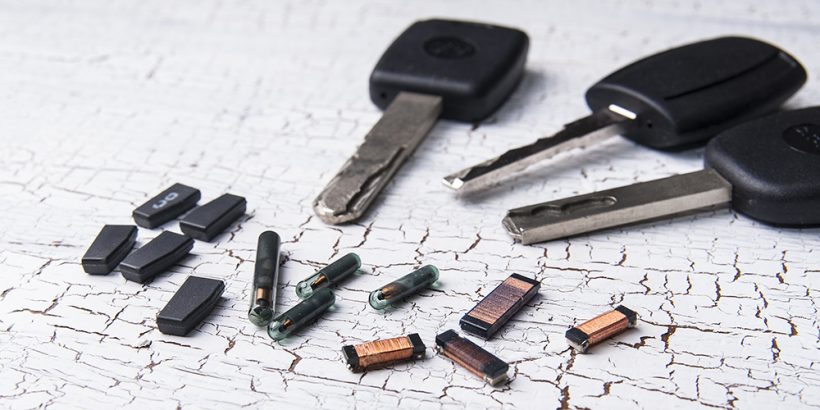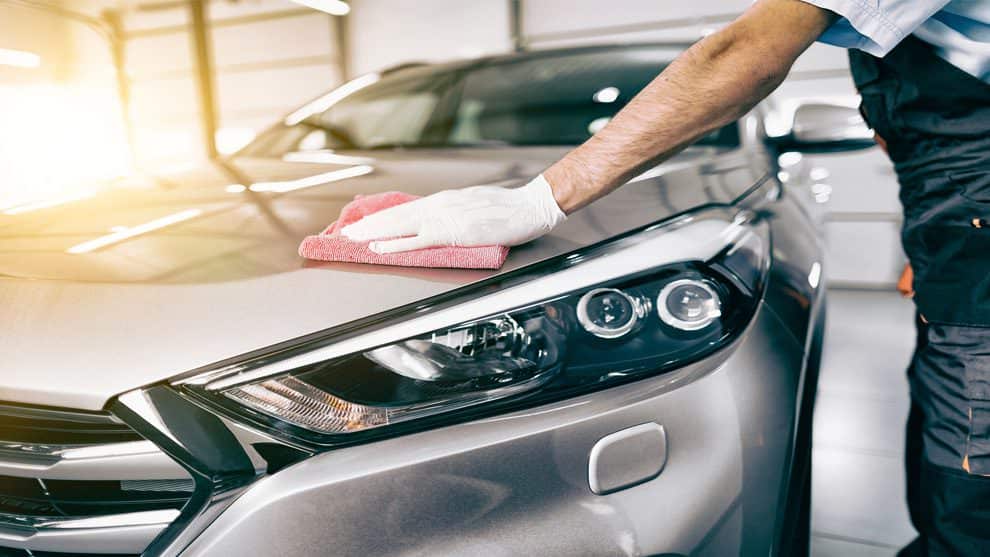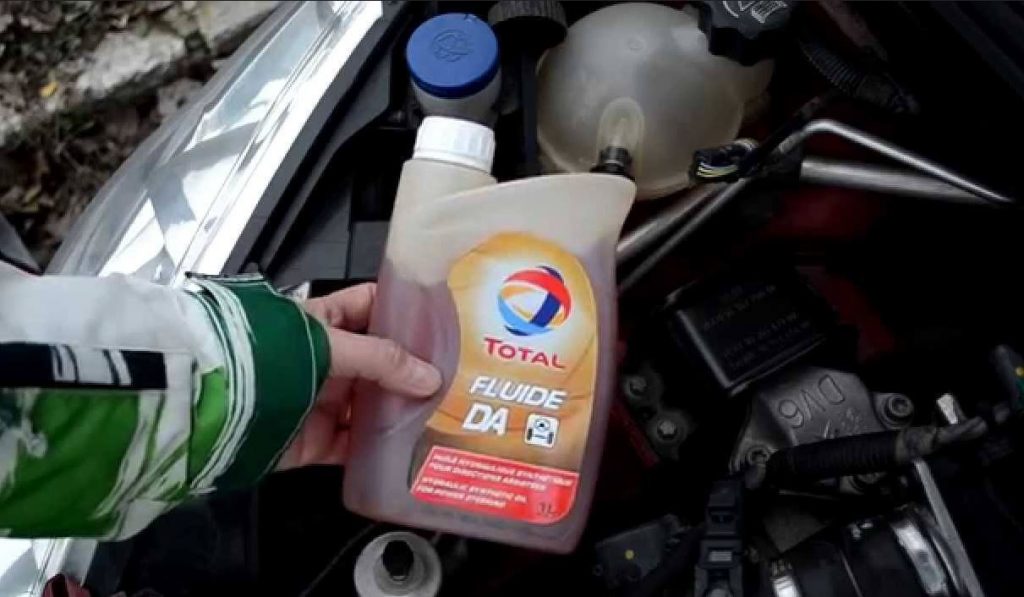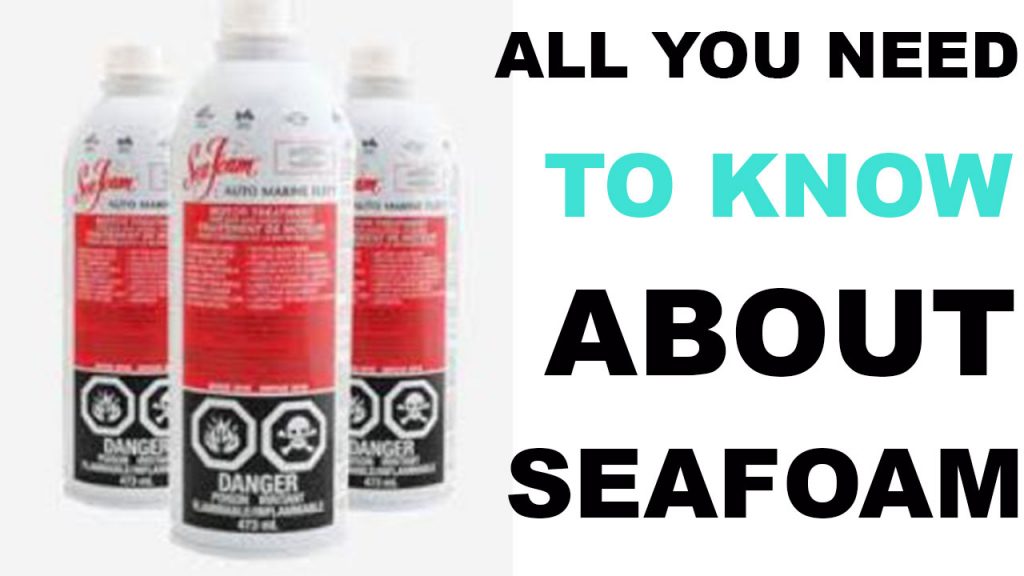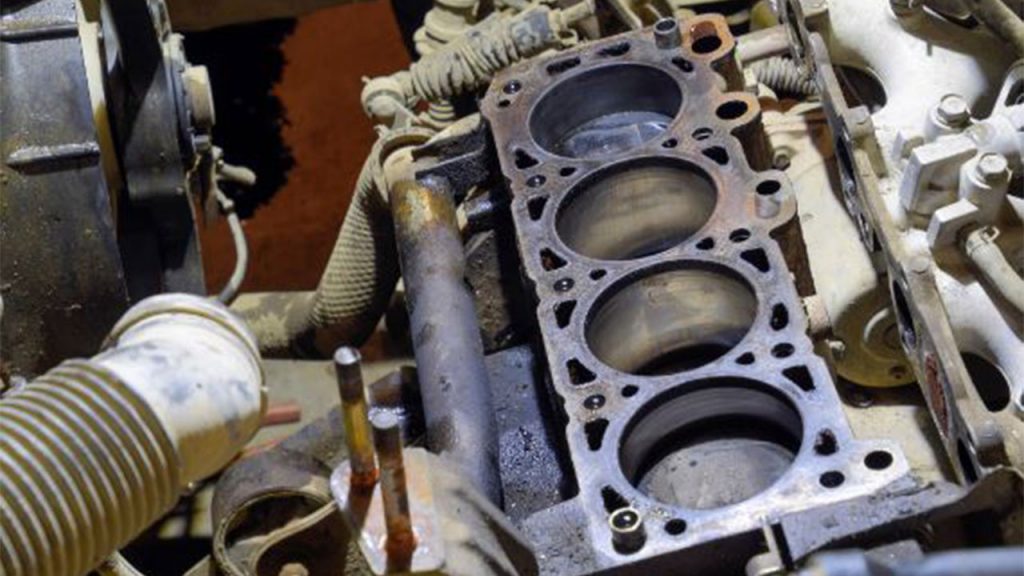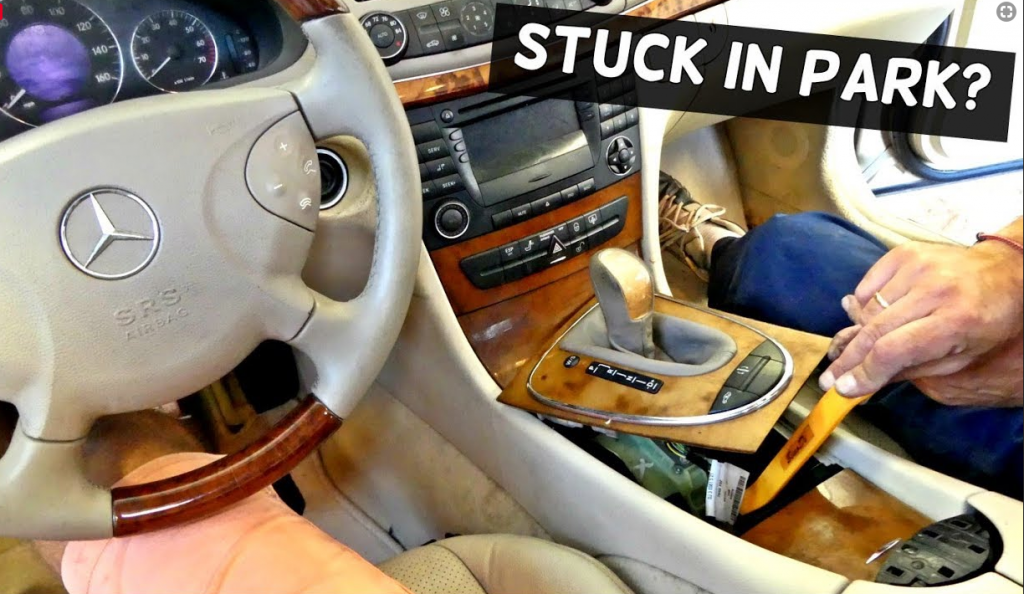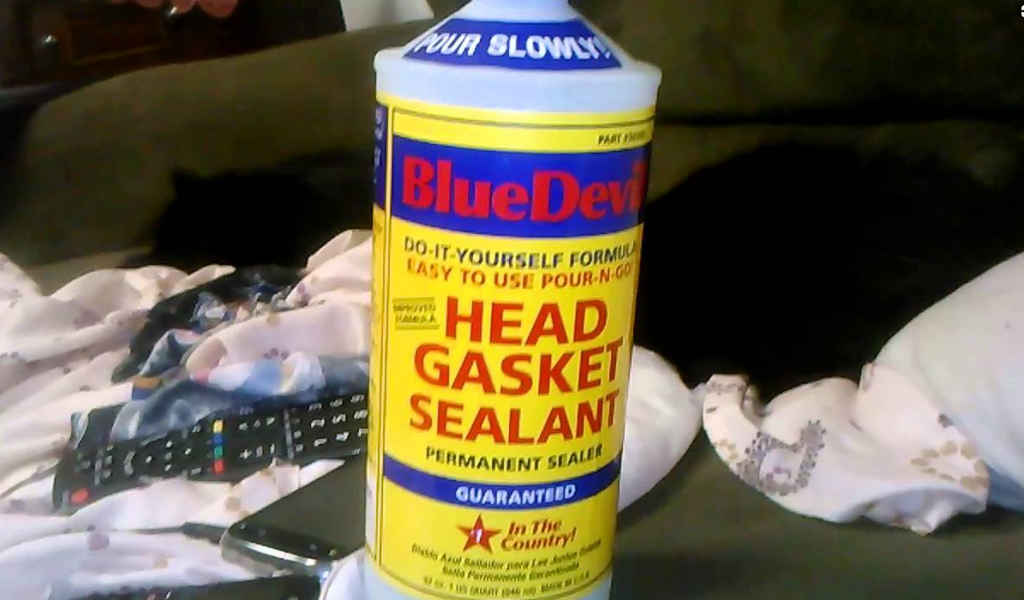Last updated on August 1st, 2023 at 08:00 am
Are you having a repeated wheel bearing failure, this article goes in-depth on what causes wheel bearings to go bad or why do wheel bearings keep going bad.
You see wheel bearings are a very part of a vehicle. The wheel bearing is what helps with the driving train of your car because they are what offers the connection between the static part of your car and the moving parts. In the short term, you also call the bearing the pain or load carrier. If a car wheel bearing is bad it can affect the smooth running of the vehicle.
So it is something you want to pay attention to when it goes bad that is why will want talk about the causes of wheel bearing failure and we will even talk about what might cause a premature front wheel bearing failure.
Related Articles you should also read is this one on Ultimate Guide to Wheels Bearing Replacement Cost and then this one on Wheel Bearing Noise Diagnosis Complete guide
Why the Repeated Wheel Bearing Failure|What Causes a Wheel Bearing to Keep Going Bad
To begin lets us start with what is a wheel bearing and then we will start considering the symptoms and causes of wheel bearing failure
What is a Wheel Bearing?
A wheel bearing is a set of iron balls fastened as one by an iron ring called a race. Wheel bearings, which are used in cars, aircraft, and other automobiles, are responsible for the fast spinning of wheels with modest friction.
Wheel bearings basically offer a hold to your vehicle’s weight, wheel bearings also support the front and rear axle. Wheel bearings are constructed with a high-precision system by means of metal with the intention of bearing up the friction that occurs to the wheel and tire.
What causes a wheel bearing to keep going bad?
The failure of a wheel bearing can be rather hard to establish and unbearably noisy since it actually requires driving the car to repeat the sound. Wheel bearings range in a multiplicity of designs, and the old designs could be maintained and serviced. However, the present wheel bearing in automobiles appears as an in-built or integral part of the vehicle, and as such do not necessitate any form of maintenance.
In this article, we look at what causes wheel bearings to go bad and we answered the question “can wheel bearings be damaged in an accident”?
Symptoms of a Wheel bearing failure
The most common wheel bearing failure is a deafening sound that intensifies with speed, usually from 15 through 50 MPH. However, the sound varies because at times the noises may disappear at high speeds and may be overlooked at low speeds.
Wheel bearing failure may deteriorate with time as the deafening sound increases. The sound may alter when you abruptly cut the steering wheel to one side while on the road. It can be quite tricky to detect the wheel with the fault. Auto experts and technicians often diagnose this problem using ultra-sound gadgets to inspect each bearing.
Another way to detect wheel bearing failure with the issue is for someone to drive the car while listening. Also, the faulty wheel bearing can be diagnosed by checking for slack bearings. Normally, when you push in and out, no movement should be seen. However, the faulty wheel bearing will go loose when pushed in.
You may wonder why the repeated wheel bearing failure even after replacing it. It may be caused by failure to properly diagnose the earlier fault or due to poor installation.
Other causes of wheel bearing failure include:
- Uneven wear & tear of tire – Wheel bearing failure can equally affect the tires. Premature front wheel bearing failure can be caused by excessive wear and tear of tire. An issue with one tire may invariably warrant you to change the wheel bearing on the opposite side of the car.
- Unusual Noises – One of the most common sign of a wheel bearing failure are the unbearable sounds. Worn out wheel bearings can make heat to eliminate the lubrication, thereby leading to catastrophic wheel bearing failure. The noise may sound like a metal to metal surface friction. You should see your mechanic if you are unsure of where the sound is emanating from for quick fixing to avoid deteriorating the condition of your car.
- Strange Movement or Vibrations – Strange vibrations from your vehicle is another sign of a wheel bearing failure. The suspension mechanism and bearing of your vehicle shares a close bond, so worn bearings will make a vibration to be obvious in your steering wheel as you drive.
What Causes Wheel Bearings to go bad?
Normally, wheel bearings are lubricated and sealed during manufacture. Petroleum-based lubricants may generate pressure and the pressure can break out via the wheel bearing seals. However, wheel bearing seals are not designed to be water-resistant, so wheel bearing failure may develop while driving in a flooded street. The presence of moisture beats out or depletes the lubricant leading to wheel bearing failure. Premature front wheel bearing failure can be caused by excessive moisture due to driving through water or mud. When the depth of the water gets to the lower edge of the wheel, it can cause wheel bearing failure.
Catastrophic wheel bearing failure can be caused by the inability of the seals to prevent contaminants. Also, increase heat may force out the lubricant and when the wheel bearings are no longer lubricated, it can eventually lead to catastrophic wheel bearing failure.
1. The tire and wheel bearing connection
One of the top causes of wheel bearing failure is the tire and wheel bearing bond. The pressure on a tire will always pass via wheel bearing; this means that an impact from a pothole can lead to wheel bearing failure. The cause of the failure may be as a result of displacing the balls in the bearing due to the impact of hitting something while driving. This leads to the formation of small hollows. When the wheel bearings continuously revolve on this faulty surface will produce heat and wear. Wreckage from the wear contaminates the lubricant inside the bearing leading to catastrophic wheel bearing failure.
Wheel bearing failure may develop quickly or may take months to show up. Apart from the bearing, the whole suspension can be destroyed by this fault. Premature front wheel bearing failure can be caused by excessive heat due to poor materials that wheel bearings are constructed with.
The cost of fixing these faults is too expensive and to prevent repeated wheel bearing failure, it is best to go for high-quality materials. This is because it is easier to mount a high-quality tire properly than cheap ones. Cheap tires can get ruined by a lack of proper service. Purchasing only high-quality, name-brand tires, and proper mounting and balancing it can prevent repeated wheel bearing failure.
2. Identifying damaged components
Diagnosing faulty gears may be difficult and is among the causes of wheel bearing failure. An impact on the wheel can lead to wheel bearing failure because it can damage the rollers can cause an indentation to the races. The steering knuckle may be deformed from an impact to the wheel, diagnosing this is always tricky and may require the services of a professional auto mechanic.
So, why do wheel bearings keep going bad even after rectifying and fixing fault? Repeated bearing failure after an accident should inform you to check your knuckle. Your auto mechanic can diagnose the straightness of your knuckles using special tools. Knuckle break may be caused by the inappropriate fixing of bearing.
3. Transient current flow
Transient Current Flow is among the possible causes of wheel bearing failure. In fact, it is described as a “Silent Killer”. Deficient grounds can trigger the electrical flow throughout the wheel bearings. Current drawn by the devices on the engine has to go back to the battery. The engine is electrically insulated and poor engine grounds can cause the current to flow out to the body. This transient flow will destroy the bearing and other mechanisms.
4. Wheel bearing axle torque
If the drive-axle nut is too slack or too fixed, it can lead to catastrophic wheel bearing failure. This is why the condition for torque must be adhered to. It isn’t ideal to let a wheel support the weight of the vehicle before tightening the axle nut because doing this may lead to wheel-bearing failure. This is among the top causes of wheel bearing failure.
This cause mostly erupts after replacing a drive axle. It is wrong to let the car’s weight rest on a wheel bearing that is not tightened. Wheel bearing failure can also be caused by supporting the wheel with the vehicle’s weight, particularly when loosening the axle nut.
Why do wheel bearings keep going bad?
If wheel bearings keep going bad it could be due to overheating of the lubricant, water, or corrosive compounds. In most cases, this is caused because of low-quality bearings which may be unable to resist heat levels produced during acceleration leading to wear and tear of the bearing. Also, if a bearing overheats due to poor metallurgy, it can cause the lubricant to break down.
Repeated wheel bearing failure may also be caused by excessively tightening the roller bearing. Premature front wheel bearing failure can be caused by excessive tightening of this part. Second-hand seals can leak and taint brake linings.
Can wheel bearings be damaged in accident?
The long and short of this question is YES. Wheel bearings can be damaged in an accident.
Now, your car consists of approximately 30,000 parts, and just like the human body, each of these parts is vital for maintaining your safety. The wheel bearings are small and as such may be disregarded even though they are crucial to the safety of your car.
The wheel bearings, though small, are essentially responsible for keeping the wheels fasten to your car and rotating liberally devoid of accumulating excess heat. Nothing lasts forever, so it is possible for the wheel bearings to wear out with time. Wheel bearing failure may be a result of inaccurate installation. Wheel bearings can be damaged in an accident, so they will have to be replaced when they wear out. If you fail to replace them as when due will lead to catastrophic wheel bearing failure and may cause one or more wheels to go off while on road.
Silverado wheel bearing failure
A Silverado wheel bearing failure is the same as the wheel bearing failure for other vehicles. Replacing pressed-in bearings is a tougher task compared to the bolt-in variety for a Silverado. The Silverado wheel bearing failure can be caused by factors we earlier discussed including transient current flow, wheel bearing axle torque, damaged parts, tire and wheel bearing connection.
The balls in a Silverado wheel bearing failure can be as a result of a force applied to the hub will indent the bearing races, leading to premature failure. This type bearing is damaged when removed, and as such doesn’t require any service but replacement. During assembly, they are lubricated, and the lubricant lasts for the entire life of the bearing, after that, they are condemned.
Average life of wheel bearings
The average life of the wheel bearings is approximately 85,000 to 100,000 miles. The average lifespan of wheel bearings are 136,000 to 160,000 km (approximately 85,000 to 100,000 miles).
However, you may take into consideration the quality of the wheel bearing and working conditions when determining the average life of wheel bearings.
The Bottom Line
Wheel bearings are vital components of your vehicle. Regardless of the fact that contemporary wheel bearings are way simpler to fix than earlier generations, accurate setting up, use of proper tools and sticking the precise torque values are still crucial for utmost performance, resilience and protection of wheel bearings.
To avoid repeated wheel bearing failure, it is best to contact an expert auto mechanic to fix your wheel bearings.
Related Articles:
- is it safe to drive with a bad wheel bearing?
- How to Tell which Wheel Bearing is Bad Front or Back
- Wheel Bearing Noise Diagnosis

